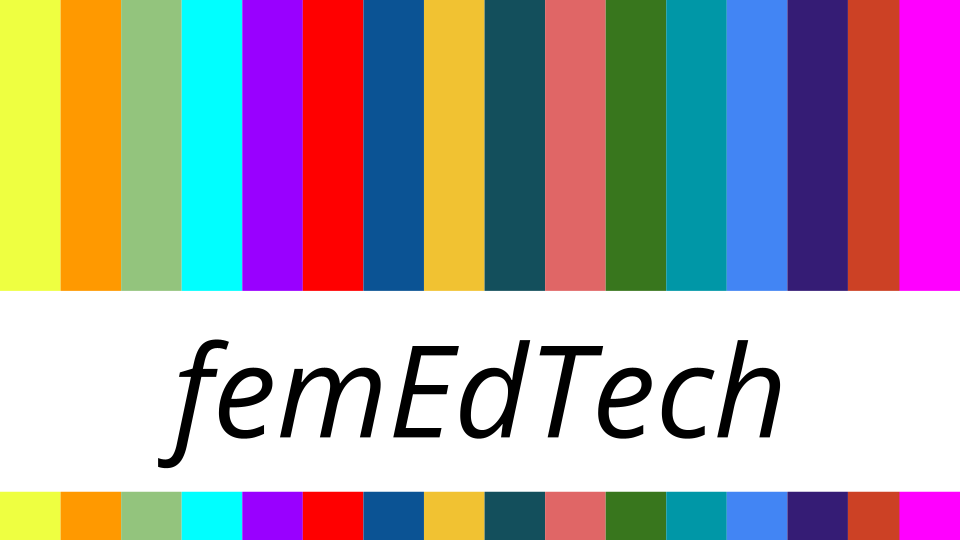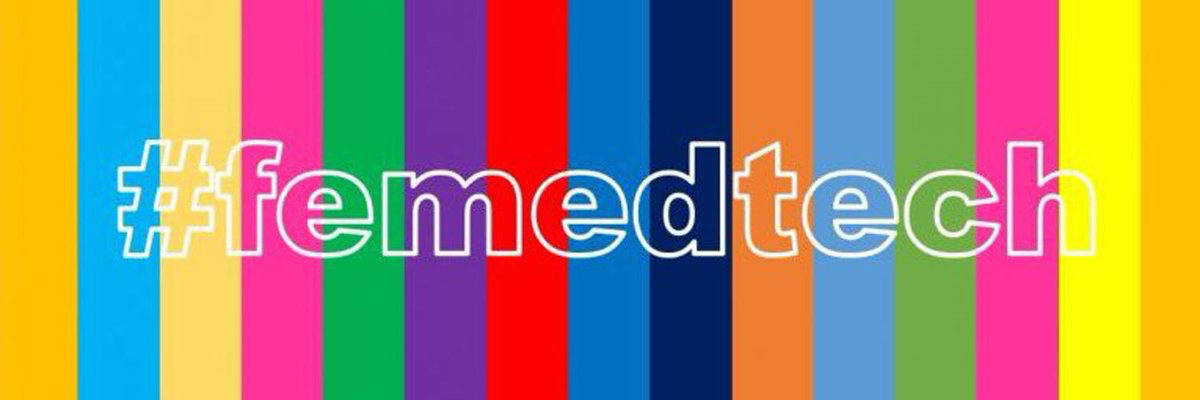
4 FemEdTech Quilts clipped together
Lou Mycroft and I are giving a session at OER23 Inverness on at 11:50, Thursday 6 April in Room 203/4. If neither FemEdTech nor the quilt project mean much to you, you might to look at
https://femedtech.net/published/femedtech-at-oer23/
Although our #OER23 session will be at Inverness, this writing challenge is also open to delegates attending another parallel session, or interested people not registered for the conference. The session will be recorded: we will update this post with the link as soon as it is available. If/when the session recording is publicly available we will also share that link here.
But if you were closely involved with the quilt, we think you could contribute your ending to the story without even viewing the session recording.
What we are looking for are imaginative/practical/engaging endings to the FemEdTech-Quilt Assemblage, or to elaborate possible futures for the FemEdTech Quilt(s) of Care and Justice in Open Education
As we say in 2, “Now over to you! Please feel free to take the non-Italic text and use as-is or edited, supplying your own ending to this story. Be bold! Multiple endings are possible and welcome.”
Here are your resources:
- The Digital Quilt – explore!
- The Unfinished Story of the FemEdTech-Quilt Assemblage
- Slides for session
- The Write page where you can upload your story with ending (having first safely recorded in a Word or other document – things can go wrong!) Choose Posthuman and Stories categories. Additional information at the post at 2 above.
Posts can be anonymous but all must comply with our Code of Conduct. - Recording <link when available>.
- Session Abstract
FemEdTech quilt is a collaborative international project (focused on Care and Justice in Open Education) that emerged from FemEdTech, a volunteer-run feminist network for people working in Education Technology (Beetham et al 2022). Bell et al. (forthcoming) will give a posthuman account of the FemEdTech-quilt assemblage. The quilt in its material and digital forms offered different modes of participation in OER20; and was imagined as an agent of activism that could contribute to change in Open Education. Stories figure prominently at the FemEdTech Open Space in Writings at http://femedtech.net, and they are integral to the Digital Quilt at http://quilt.femedtech.net/quilt, where participants could upload the story of their square.
There is a rich history of the use of narrative approaches in education research: including narrative inquiry (Connelly & Clandinin 1990). Lewis(2011) offers us stories as “spaces of resistance, resistance to the narratives of instituted power” that can inspire their audience with tactics for future use. Storytelling contributed to qualitative research, not just through valuable stories told about research participants but also giving voice to participants who told their own stories (ibid.).
COVID-19 disrupted education in general, and specifically the “launch” of FemEdTech quilt and its activism, at the slimmed down online OER20. Many participants in FemEdTech were working at full speed on the pivot online in educational institutions. There was little time to do the work needed to resume shared curation at Twitter but there was significant activity at the FemEdTech Open Space where care was enacted via Writings (Beetham et al 2022).
Czerniewicz et al (2020)’s country-specific, multiple institution COVID-19 study revealed differential impacts, exposing inequities in the student body and reduced trust in market promises as “the commercial entities and venture capital [which] have raced to provide ‘solutions’ for educational institutions.” Many participants work in institutions that have significant investment in education technology systems. Datafication (turning aspects of our lives into data) is evident in commercial sectors such as social media, and has also spread widely in Higher Education, notably during COVID-19 (Williamson, Bayne & Shay 2020). FemEdTech’s Open Space and the Digital Quilt are extra-institutional spaces with little or no datafication. Twitter curation was popular but to resume it needed additional support work that took place after lockdown was lifted.
We need productive approaches to exploring uncertain educational futures critically, retaining the pragmatic hope offered by Posthuman Feminism, proposing “a relational ethics that assumes one cares enough to minimise the fractures and seek for generative alliances.” (Braidotti 2022, p237).
We will tell a simple historic posthuman story about a pre-digital textile-related technology, leading into a discussion with participants about posthuman stories. Historic stories can help us to understand and reflect on what has happened, as we think about what might be different. They can help us reflect on our multiple presents and contribute to imagining multiple possible futures. The second posthuman story we tell is a posthuman story about the FemEdTech-Quilt assemblage with one ending. We offer a playful open invitation to supply alternative endings.
References
Beetham, H., Drumm, L., Bell, F., Mycroft, L., Forsythe, G. (2022). “Curation and Collaboration as Activism: Emerging Critical Practices of #FemEdTech”. Learning, Media and Technology 47 (1): 143–55. https://doi.org/10.1080/17439884.2021.2018607.
Bell, F., Campbell, L., Forsythe, G., Mycroft, L., Scott, A.-M.(forthcoming). HE4Good assemblages: FemEdTech Quilt of Care and Justice in Open Education. In L. Czerniewycz & C.Cronin (eds.), Higher Education for Good: Teaching and Learning Futures.
Braidotti, R. (2022). Posthuman feminism. Polity.
Connelly, F.M., Clandinin, D.J. (1990). “Stories of Experience and Narrative Inquiry”. Educational Researcher 19(5), 2–14.
Czerniewicz, L., Agherdien,N., Badenhorst, J., Belluigi, D., Chambers, T., Chili, M., de Villiers, M. et al. (2020). “A Wake-Up Call: Equity, Inequality and Covid-19 Emergency Remote Teaching and Learning”. Postdigital Science and Education 2 (3): 946–67. https://doi.org/10.1007/s42438-020-00187-4.
Lewis, Patrick J. (2011). “Storytelling as Research/Research as Storytelling”. Qualitative Inquiry 17 (6): 505–10. https://doi.org/10.1177/1077800411409883.
Williamson, Ben, Sian Bayne, and Suellen Shay. (2020). “The Datafication of Teaching in Higher Education: Critical Issues and Perspectives”. Teaching in Higher Education 25 (4): 351–65. https://doi.org/10.1080/13562517.2020.1748811.–



Provide Feedback